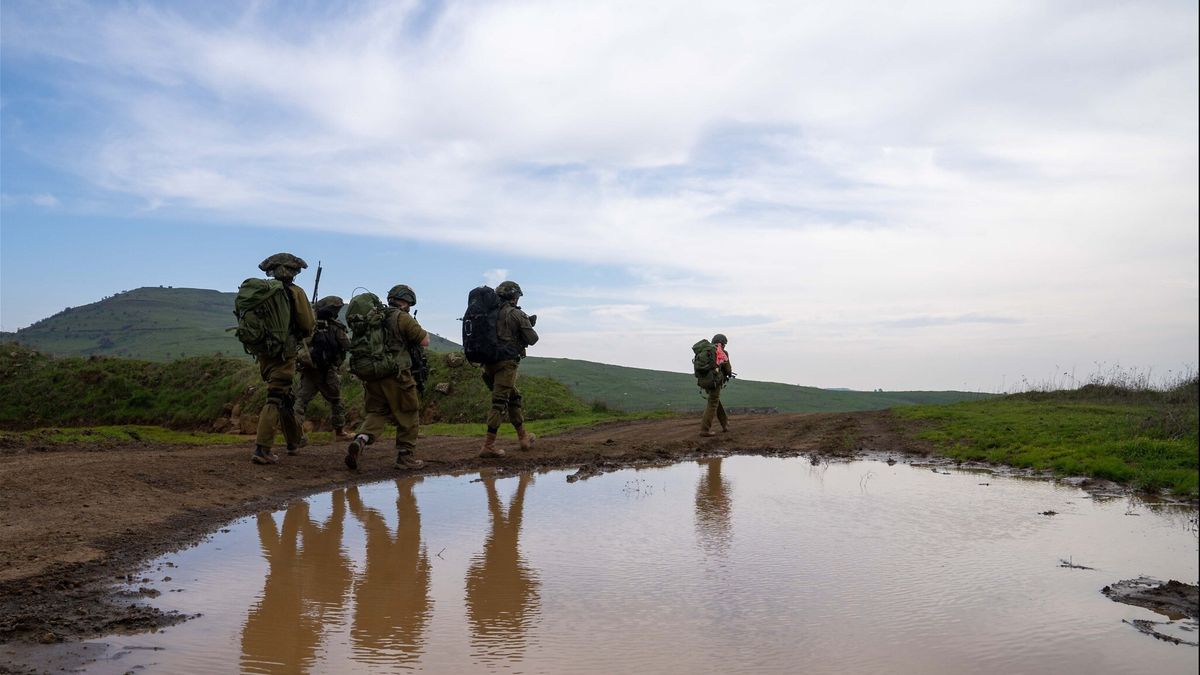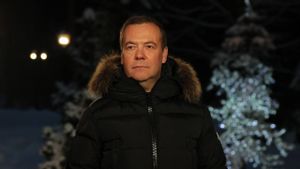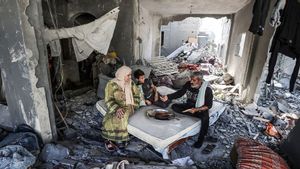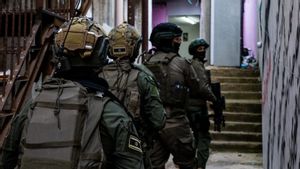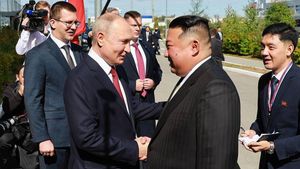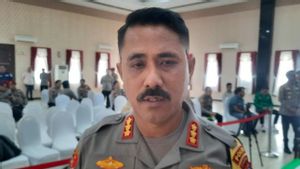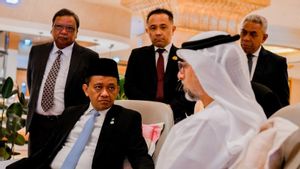JAKARTA - The United States does not want to see escalation spread in the Middle East, as Hezbollah's tensions with Israel escalate in southern Lebanon, with President Joe Biden sending envoys, especially to the region.
A Pentagon spokesman said the United States did not want to see a wider regional war in the Middle East.
Amos Hochstein was sent to Lebanon to try to ease tensions, following an increase in cross-border fire along the country's southern border by Hezbollah and Israel.
Hochstein, President Biden's special envoy, said he was sent to Lebanon immediately after a short trip to Israel because the situation was "serious".
"We've seen escalation over the past few weeks. And what President Biden wants to do is avoid further escalation into a bigger war," Hochstein said on Tuesday.
He met with Lebanese army chiefs on Tuesday and spoke to reporters after a meeting with MP Nabih Berri, who led the Amal armed movement, allied with Hezbollah and has also fired rockets at Israel.
In Lebanon, Hochstein also met with interim prime minister Najib Mikati, who told him "Lebanon does not want escalation", according to comments issued by Mikati's office.
Hezbollah is known to have been shooting each other with Israel over the past eight months along with the Gaza war.
Israel's Foreign Minister, Israel Katz said in a tweet on X, following Hassan Nasrallah's threat, the head of the Hezbollah group to damage Haifa's port, "we are getting closer to the moment to decide to change the rules against Hezbollah and Lebanon".
"In an all-out war, Hezbollah will be destroyed and Lebanon will lose badly," he tweeted.
SEE ALSO:
Hezbollah published a 9-minute 31-second video that he said was footage collected from his reconnaissance aircraft at various locations in Israel, including the seaport and air of the city of Haifa. Haifa is 27 km (17 miles) from the Lebanese border.
The Israeli military later said "operational plans for attacks in Lebanon have been approved and validated, and a decision was taken to continue increasing troop readiness in the field".
Israel, Katz said, would pay a heavy price but the country was united and had to restore security for residents in the north.
Meanwhile, Hezbollah said it would not stop its attacks unless there was a ceasefire in the Gaza Strip.
The English, Chinese, Japanese, Arabic, and French versions are automatically generated by the AI. So there may still be inaccuracies in translating, please always see Indonesian as our main language. (system supported by DigitalSiber.id)
